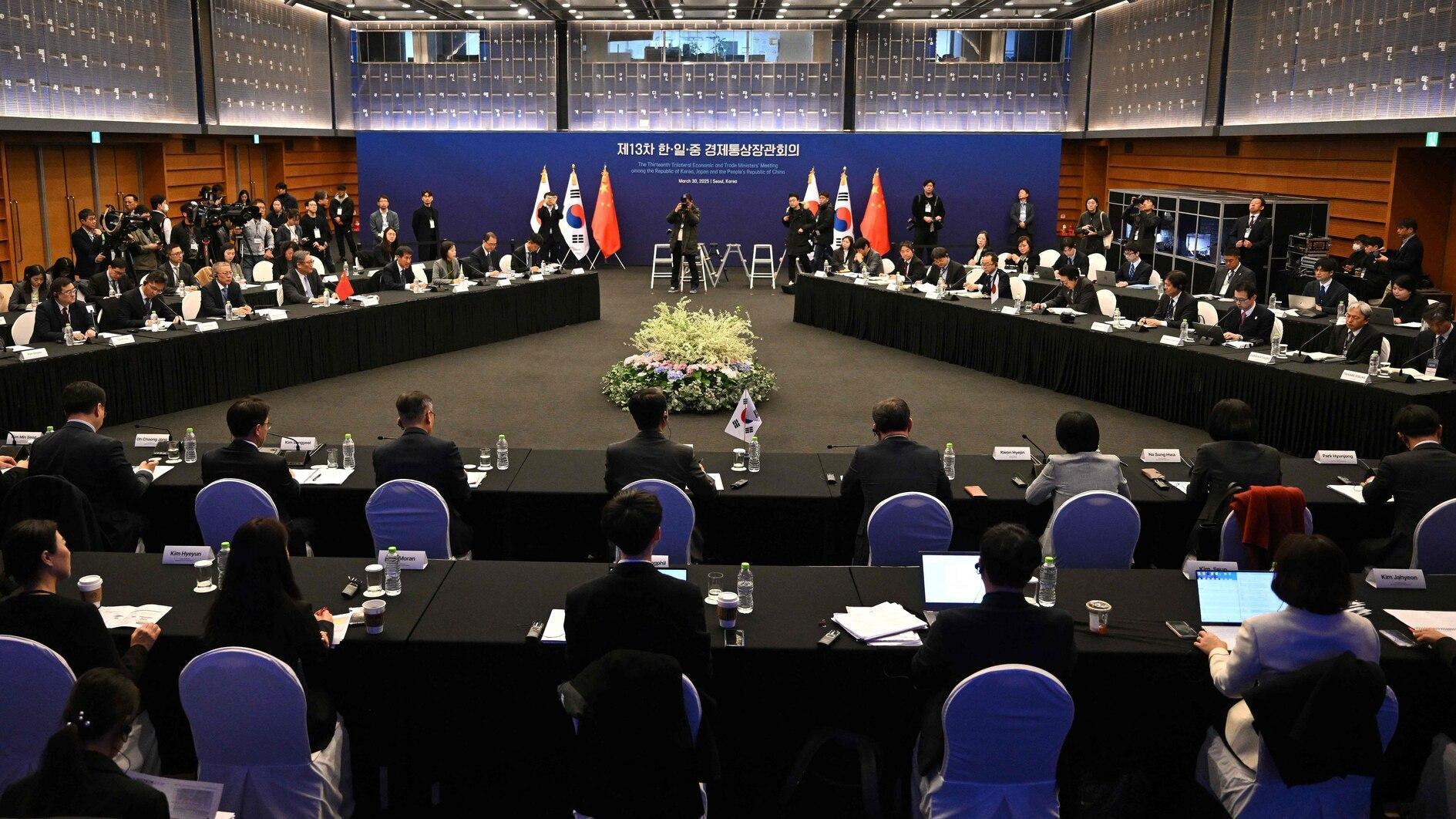Is Islam ‘a way of life’?
Recently, I had the chance to have yet another book tour in the United States, with a busy itinerary that extended from Atlanta, Georgia to Ithaca, New York. I spoke at several university campuses about my book, “Islam without Extremes,” and argued for what seemed like a very novel idea for many: that Islam and political liberalism can be compatible. We need to revisit the authoritarian, coercive elements in Islamic law, that are often post-Quranic and contextual.
Most people seemed to agree with this idea, that Muslims should not impose their religion, but merely propose it. But I encountered a few exceptions as well. In one of the instances when I had a chance to speak to Muslim graduate students, I even encountered a well-thought rebuttal. A particular Ph. D candidate from Turkey said that he does not agree with my emphasis on non-coercion, because coercion can be very helpful “to protect Islam from cultural decay.”
He specifically referred to the phenomenon called “neighborhood pressure,” a term coined by the great sociologist Şerif Mardin to refer to conservative peer pressure, and argued in favor of it. Thanks to such impositions, he said, Muslim men would frequent the mosques and Muslim women would be kept covered. “Islam,” he said, “is a way of life,” and a social coercion that protects this “way of life” should only be welcome.
I was surprised by this argument, but I was familiar with the logic behind it. To highlight my reasoning, I asked a question to the neighborhood-pressure-loving student:
“So, if Islam is merely a way of life, then would an atheist in your ideal Muslim neighborhood be an ideal Muslim, if he goes to the mosque regularly, and does all of the other practices, simply to cope with the norms of the neighborhood?”
He nodded in a second, and, to my surprise, said “yes.”
In return, I said, “Wow,” then explained that in my view an atheist’s “practice” of Islam would be meaningless, because it would be not for the sake of God, but for the sake of the neighborhood.
Without genuine faith in God, and a genuine will to worship Him, “the Islamic way of life” would be nothing but empty rituals and rules. And coercion could not nurture such genuine faith; it could rather nurture hypocrisy.
That conversation with the Turkish Ph. D student was interesting enough in itself, but it reminded me of a fundamental flaw in the authoritarian interpretations of Islam: Their stunning neglect of voluntary, genuine, heartfelt religiosity. Authoritarian interpreters rather focus on the external manifestations of this internal state of mind (the manifestations that they define), and then try to extract these manifestations by force. Hence come absurdities such as “religion police” in countries like Saudi Arabia.
The oft-repeated dictum, “Islam is a way of life,” carries a wrong emphasis that can lead to such authoritarianism. Of course, Islam does directly guide the believer’s life with many rules, limitations and injunctions. But one must have faith first to be willing to accept this “way of life.” That is why the Quran always speaks of Muslims as “those who believe and have good works.” In every instance, belief comes first.
What kind of “a way of life” this belief will nurture is also not that certain: the way of the Salafis, Sunnis, Shiites, Sufis or others? It all depends on the individual’s persuasion. And there is no “neighborhood” which can legitimately coerce him or her against that personal persuasion.











